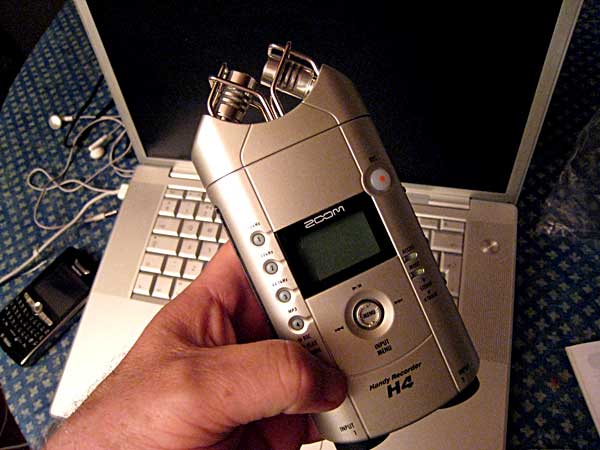This morning’s Observer column:
I’ve just been listening to what I think of as the first real podcast. The speaker is Dave Winer, the software genius whom I wrote about in October. He pioneered blogging and played a key role in the evolution of the RSS site-syndication technology that enabled users and applications to access updates to websites in a standardised, computer-readable format.
And the date of this podcast? 11 June, 2004 – 15 years ago; which rather puts into context the contemporary excitement about this supposedly new medium that is now – if you believe the hype – taking the world by storm. With digital technology it always pays to remember that it’s older than you think.
When he started doing it, Winer called it “audioblogging” and if you listen to his early experiments you can see why. They’re relaxed, friendly, digressive, unpretentious and insightful – in other words an accurate reflection of the man himself and of his blog. He thought of them as “morning coffee notes” – audio meditations about what was on his mind first thing in the morning…

